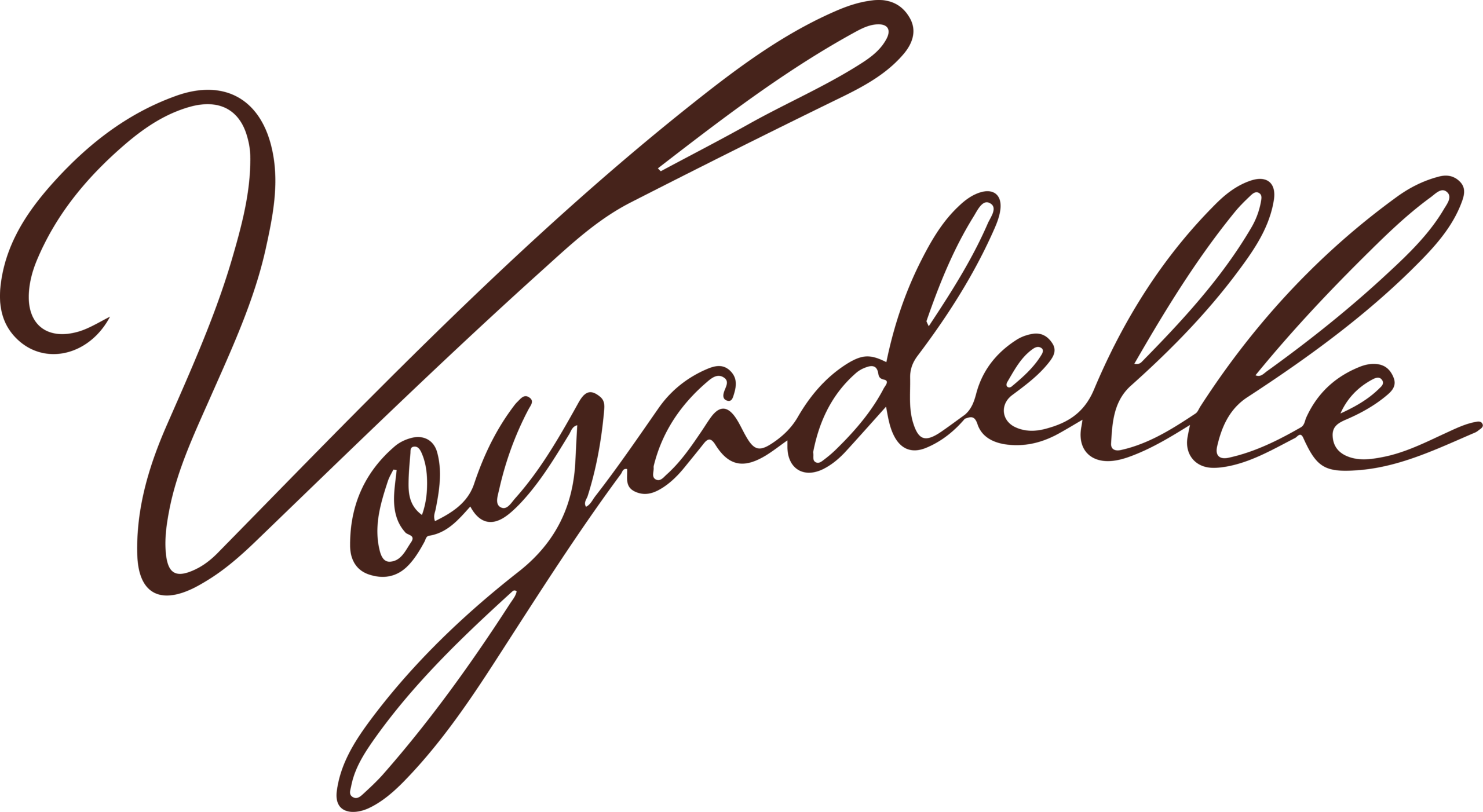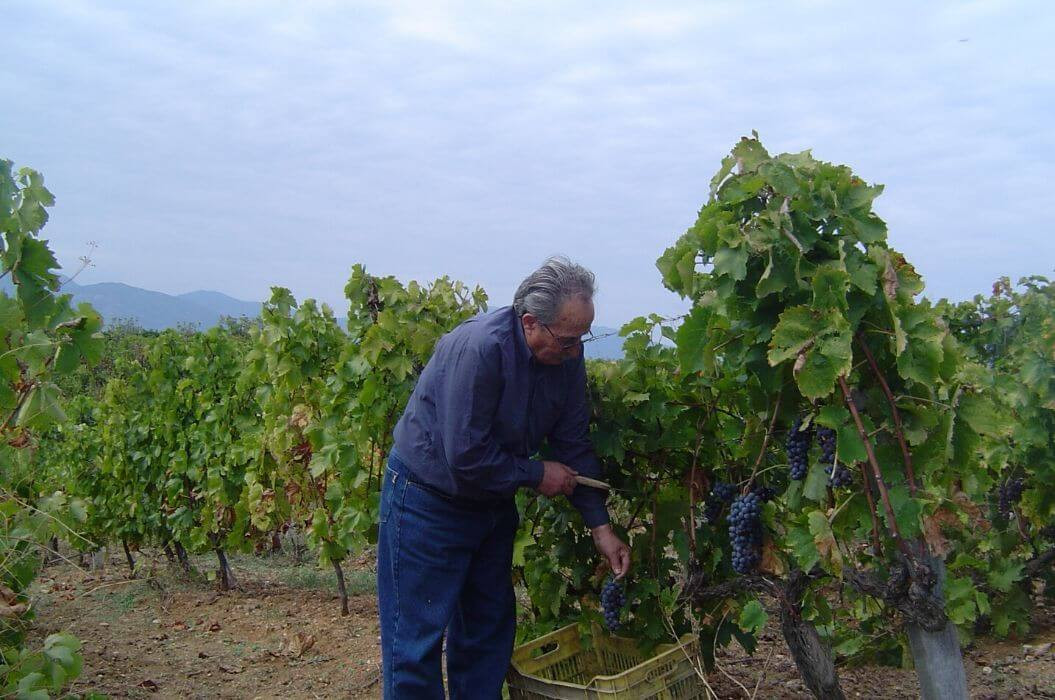Four winemakers who have embraced natural wine not just as a method, but as a philosophy and way of life—Evriviadis Sklavos, Iason Ligas, Periklis Tatsis, and Dionysia Britzikis—shed light on what natural wine truly means through their experience, practices, and principles.
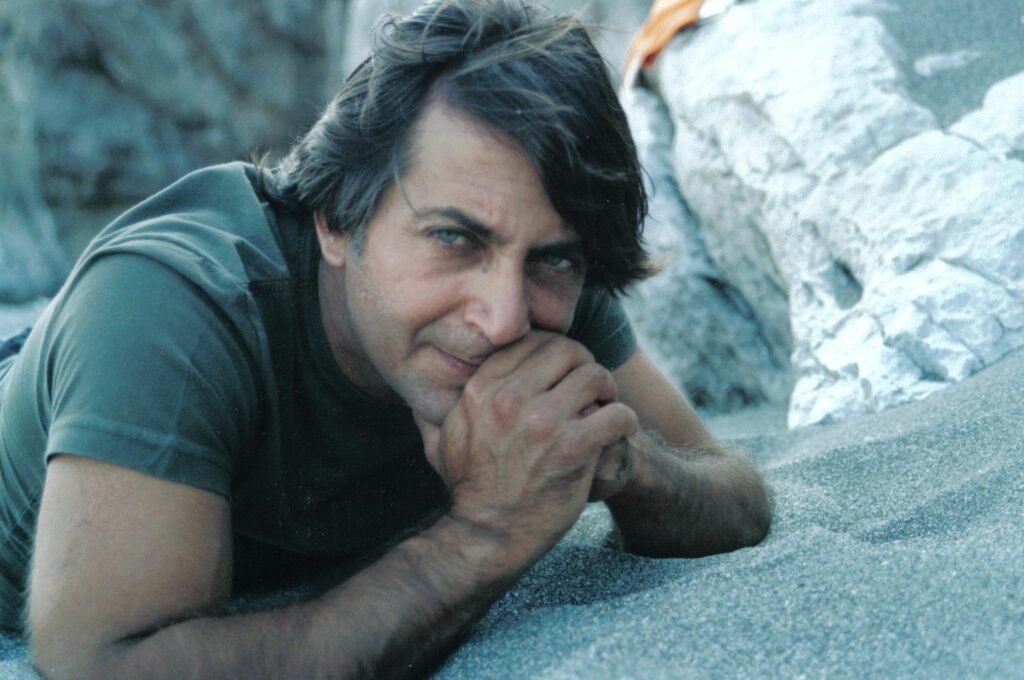
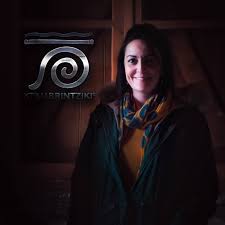
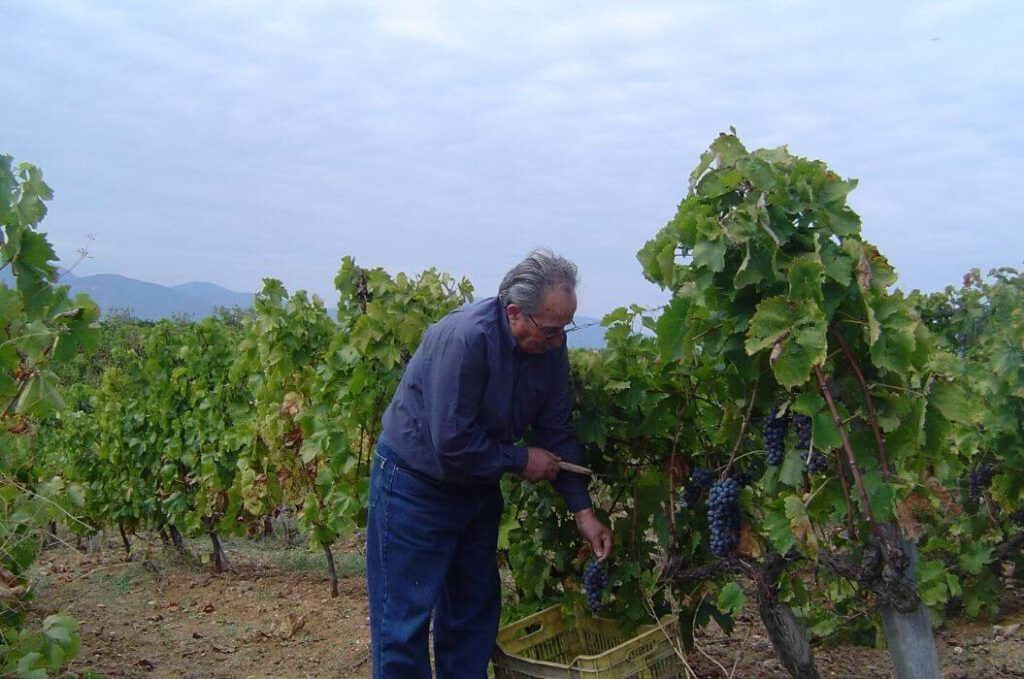
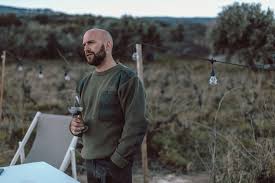
Lately, almost every time I open a wine list at a restaurant or wine bar, I can’t help but notice that a new “chapter” has been added to the wine world: that of natural wines. They’re everywhere now. Even if you haven’t yet tasted one, you’ve almost certainly heard someone discussing them.
Personally, whether out of curiosity, a desire to have an informed opinion, or simply because there was no other option, I’ve tried quite a few—from low-intervention to 100% natural wines. My experiences have ranged from genuine revelations to… less-than-enjoyable sips. In the best case, the wine was deliciously fresh, rich, and aromatically authentic. In the worst, it was odd, cloudy, and mineral-driven—in short, not exactly easy to drink.
But that’s true of all wines. There are good and bad examples, and everything depends on the talent and dedication of the winemaker—and the quality of the grapes in their hands.
Which leads us to the central question: is natural wine just a trend that every winery now feels obliged to follow with at least one label? Or is it a philosophy with its own distinct rules and values?
Four winemakers who have made natural wine their path share their insights.
Evriviadis Sklavos – Kefalonia
The poet of Robola who made natural wine a personal mission
Evriviadis Sklavos is one of the first to place natural winemaking at the heart of Greece’s contemporary wine scene. His winery operates under biodynamic principles, with a philosophy rooted in deep respect for the grape and its native soil.
What led you to natural winemaking?
Thirty years ago, we transitioned from home-style winemaking to a more professional approach. What drove us was the desire to create a wine that resembled traditional wine, but with more care. So we started using new oak barrels and small, high-quality stainless steel tanks. In essence, we were already aligned with the logic of natural winemaking.
How did your philosophy evolve over time?
We began locally, in Kefalonia, but over time, interest came from France as well. That gave us the opportunity to get to know the pioneering work of some incredible winemakers in the natural wine movement. This helped shape our own approach, based on three pillars: healthy grapes, indigenous yeasts, and minimal intervention—meaning unfiltered wines with little to no sulfites.
How does grape quality affect the final result?
If your grapes are in poor condition, the wine won’t turn out well. We also try to follow the most natural vinification processes possible. The character of the wine comes from the grape’s native yeasts, which reflect the terroir and give each vintage a unique identity. Wild, native yeasts express the true nature of each variety.
How do you manage intervention during production?
Except for rare cases dictated by market demand, we don’t filter the wine. Instead, we leave it in the tank for 5 to 7 months, allowing it to stabilize naturally. It rests on fine lees, which help the wine mature and evolve more naturally. Filtering, especially for reds, removes body. So extended time in the tank and no filtration are central to our strategy. We make low-intervention wines. Our approach is to add little or no sulfites, staying within the limits defined for organic wines.
Are there risks to this method?
Of course. A natural wine can sometimes show clear faults, like high volatile acidity or persistent reductive notes. Natural doesn’t automatically mean good.
How should a beginner approach natural wine?
If you eat well, you probably also want to avoid headaches from wine. Excess sulfites bind oxygen in wine—and in your blood. Fewer sulfites mean better health. Then come the unique flavors from indigenous grapes. And finally, fewer oenological additives (used for clarification, stabilization, etc.) mean greater purity in the final product. Wine is culture. It’s a way to get to know the land, the vineyard, the grape—and above all, the person who makes the wine, leaving something of their own personality in it.
Iason Ligas – Rapsani & Samos
The radical visionary who treats wine as ideology
Iason Ligas, along with his family, works in two distinctive Greek wine regions: Rapsani and Samos. He is considered a pioneer and radical in the natural wine space, producing wines with no additives whatsoever—just grapes and nature.
What drew you to natural winemaking?
Natural wine is like natural childbirth—it has always existed. It’s not a recent trend. Before the 1950s, when additives and chemicals like selected yeasts, enzymes, and stabilizers (there are about 180) were introduced, all wines were natural. According to the 1905 French wine law, which still sets the legal framework, wine is the result of the partial or complete fermentation of grapes. Anything else added makes it something else—vermouth, fortified wine, or liqueur.
Is there such a thing as ‘mild’ natural winemaking?
No, there isn’t. You can’t say “I added just a little sulfite.” Even just using commercial yeast introduces foreign DNA—you’re drinking something alien, because yeast isn’t part of the grape. There’s organic wine, biodynamic wine using plant-based preparations, and then there’s natural wine.
Why is there so much confusion around natural wine?
Because half-knowledge is convenient. It supports a lobby that promotes additives and specific grape varieties worldwide. They want Sauvignon Blanc to always smell like pineapple, mango, apricot. But that’s impossible. When fermentation happens naturally, nature offers 150 different aromas. With commercial yeast, you get three. False sommelier schools try to codify wine through rigid standards. But wine is an art form that takes decades to truly understand. When a sommelier is sponsored and financed, their opinion is already shaped. A true sommelier should understand the winemaker’s process. That takes years of unpaid experience—something you can’t scan like a barcode. So what do they do? They define “standard” flavors.
Who is natural wine for?
Natural wine is friendly because it’s easier to digest. With no additives, you won’t feel bloated, you won’t taste metallic notes. And even if it’s not the most delicious, you’ll still digest it easily. If it is delicious, you’ll order a second glass. It brings back the beautiful intoxication of the old days. With natural wine, you don’t get a headache.
How should someone start?
Be curious. Don’t have preset ideas. Choose small wineries and run an experiment: drink only natural wine for one week, then only conventional wine the next. See how you feel. Make the comparison.
Periklis Tatsis – Goumenissa
The winemaker who sees wine as memory, continuity, and family tradition
The Tatsis Winery is located at the foot of Mount Paiko in Goumenissa. The Tatsis family tends their own vineyards with great respect, producing wines that reflect the landscape and history of the area. Periklis Tatsis remains committed to a deeply personal relationship with the vine.
What is your relationship with natural winemaking?
There’s confusion here, even among us. For me, these wines are part of a new trend. It doesn’t make sense to say a wine is natural just because you didn’t add sulfites—while still using other chemical products. That’s the madness of our times.
How do you see natural wine’s rise in Greece?
Some wineries are making interesting efforts, but yes, it’s clearly a trend. I haven’t seen a winery without two or three natural labels. For us, wine is the goal. The path you take to reach it—that’s another conversation.
What’s the social or cultural background of this shift?
This trend emerged to meet a growing need. People began seeking healthier options—not just in wine, but in all products. For us, wine is something that belongs at the table. That’s how I saw it growing up—our mother always served a glass of wine, whether they bought it or made it.
How do you approach natural practices in the vineyard and cellar?
Today people look for wines that haven’t been overly processed. But you can’t claim a wine is natural if it comes from vines sprayed with pesticides—even if you skip the sulfites.
Are some grape varieties more suited to natural winemaking than others?
Not really. The vineyard will guide you, no matter the variety. The vine is always there, like a watchful guardian. It depends on how you treat it—whether you approach it with care and love.
What is your personal connection to production?
I don’t call what we do “natural wine.” What they now call natural, we’ve been doing for years. Our father made wine the traditional way. We were born into the vineyard. For us, it’s family—it’s not some foreign element handed to us.
What varieties do you work with?
Xinomavro and Negoska. We also grow Roditis, Limnio, and Assyrtiko. We only vinify grapes from our own vineyards. That makes our job easier—we focus entirely on the vine and work with what it gives us.
Dionysia Britzikis – Ilia
The woman behind Greece’s first “green” winery
Ktimata Britzikis in Ilia is Greece’s first “green” winery, operating with energy self-sufficiency, organic farming, and a strong export focus. Dionysia Britzikis leads a new approach that integrates natural winemaking into a modern, sustainable philosophy.
How did your journey with natural wine begin?
It’s a continuation of our work with organic viticulture. Why do we do it? Because our estate has a strong export profile, and our American market asked for it. For 30 years, we’ve grown only Greek varieties organically.
What does natural wine mean to you?
It’s about promoting native varieties and organic farming. As Greece’s first green winery, we work toward a zero-carbon footprint. We also collaborated with the university and Professor George Kotseridis to develop a protocol for natural wines.
What is vegan wine?
It’s wine made without animal-derived additives—no gelatins, no animal-based filters or chemicals.
What are the effects of sulfites?
They can cause dizziness, headaches, or stomach problems—issues that come from added preservatives.
Are there practical challenges?
Yes, and they’ll get worse as electricity prices rise. To avoid sulfites, you need to keep tanks at low temperatures. But a wine with low or no preservatives can go from 0°C to 30–40°C. That means you can’t properly preserve it—and the cost becomes overwhelming.
How do you meet your energy needs?
We don’t pay for temperature control. Since 2009, we’ve used geothermal energy and solar panels to manage our cooling system.
What’s the biggest challenge?
When a new, innovative product enters the market, people need education—and the product needs to be excellent. If someone tries a wine and it doesn’t meet expectations, they won’t come back. We’ve experienced this before. We were among the first certified organic wineries in Greece and saw the same resistance years ago.
Evriviadis Sklavos – Kefalonia
The poet of Robola who made natural wine a personal mission
“Wild yeasts deliver the authenticity of each variety, the terroir, the human behind it, and the vintage. If you’re looking for real wine, there is no more honest path.”
Iason Ligas – Rapsani & Samos
The radical visionary who treats wine as ideology
“Natural wines are like natural childbirth—they’ve always existed. They weren’t just discovered in recent years.”
Periklis Tatsis – Goumenissa
The winemaker who sees wine as memory, continuity, and family
“You can’t have a vineyard sprayed with chemicals and just skip the sulfites—natural wine begins in the vineyard.”
Dionysia Britzikis – Ilia
The woman behind Greece’s first “green” winery
“When an innovative product enters the market, people need education—and the product must be excellent.”
SOCIAL MEDIA
Instagram/Facebook Post Ιδέες
1. Carousel Post
Τίτλος: “Τι είναι, τελικά, το φυσικό κρασί;”
Σειρά καρτελών:
- 1η: «Φυσικό κρασί: μόδα ή επιστροφή στις ρίζες;» (εικόνα ποτηριού με θολό κρασί)
- 2η: «Δεν έχει πρόσθετα. Δεν έχει φίλτρα. Έχει χαρακτήρα.»
- 3η: Quote από τον Ιάσωνα Λίγα: «Αν αρχίσεις να αναρωτιέσαι τι πίνεις, έχεις ήδη κάνει το 80% του δρόμου.»
- 4η: Μίνι ορισμός: Τι σημαίνει φυσικό κρασί
- 5η: CTA: «Εσύ έχεις δοκιμάσει; Πώς σου φάνηκε;»
2. Reel ή TikTok
Τίτλος: “Natural Wine για Αρχάριους “
Περιεχόμενο:
- 3 πράγματα που δεν είναι φυσικό κρασί
- 3 λόγοι που αξίζει να το δοκιμάσεις
- 1 tip για αρχάριους
background: κάτι earthy/organic ή τζαζ με λίγο χαρακτήρα
Τέλος: «Δες τι λένε 4 κορυφαίοι Έλληνες οινοποιοί στο νέο μας άρθρο. #linkinbio»
3. Quote Post series (1 ανά παραγωγό)
- «Το κρασί είναι πολιτισμός – και η φυσική οινοποίηση είναι ο πιο καθαρός τρόπος να το εκφράσεις.» – Δ. Μπριτζίκη
- «Η φύση δεν χρειάζεται μαγιά. Έχει ήδη τις δικές της φωνές.» – Ι. Λίγας
Στυλ: ασπρόμαυρη φωτό τους με overlaid quote σε handwriting font
CTA: «Διάβασε τι λένε στο site»
Stories Ideas
Quick Poll:
Ερώτηση: Έχεις δοκιμάσει φυσικό κρασί;
- Ναι, λατρεύω
- Όχι, αλλά θέλω
- Τι είναι αυτό;
Quiz/Trivia Story:
Ερώτηση: Ποια από τα παρακάτω ΔΕΝ χαρακτηρίζει ένα φυσικό κρασί;
- Αφιλτράριστο
- Παλαίωση σε δρύινα βαρέλια
- Χωρίς πρόσθετα
- Σταθεροποιημένο με χημικά
Εμπλοκή / Call to Action
- «Ποιο ήταν το πιο απρόσμενο φυσικό κρασί που δοκίμασες; Στείλε DM ή κάνε tag!»
- «Ακολούθησε για να δεις το μίνι οδηγό μας: Πώς να ξεκινήσεις με φυσικά κρασιά »
